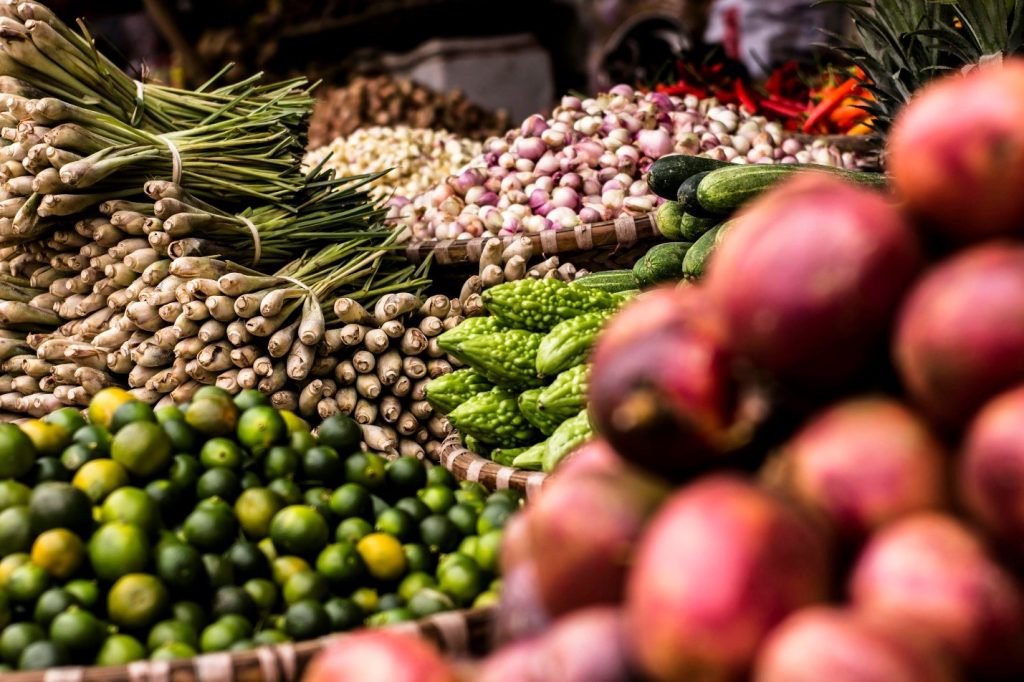People worldwide eat more plant-based foods to stay healthy and help the planet. You can choose to go fully vegan or add more plant-based meals to your diet. This way of eating will not only help you stay fit but will also reduce the need for animal farming, which harms forests and pollutes the environment for all of us. By eating more fruits, vegetables, grains, and beans, you can help the planet as well as enjoy delicious and nutritious food. This guide will show you why a plant-based diet is great and give you easy tips on how you can get started.
Why Choose a Plant-Based Diet?
A plant-based diet simply means only eating foods that come from plants. Things like fruits, vegetables, grains, nuts, seeds, and beans can be a great addition to your diet. This eating reduces or cuts off foods like meat, dairy, and eggs from your daily diet. Many people choose this diet to stay healthy and protect animals, they also choose it as a way to give back to the planet.
Plant-based diets help to make you healthier in many ways. Studies show that they lower the risk of getting diseases like heart problems, type 2 diabetes, and some cancers as well. Eating more plants will help your digestion and keep your weight in check.
Tips for a Balanced Plant-Based Diet
You need to plan your meals carefully when eating plant-based foods to stay healthy. Follow these tips to get all the nutrients your body needs:
Use Vegan Capsules
Sometimes, a plant-based diet makes it harder to get certain nutrients. Vegan capsules can help you in this regard. These capsules have nutrients like vitamin B12, vitamin D, omega-3s, and iron without using animal ingredients. Adding capsules to your daily routine can help you to stay healthy and get all the essential nutrients. Always pick trusted brands and check the label to make sure that they are vegan.
Get Enough Protein
There is concern among non-vegans that your body needs protein to grow and repair tissues. Plants have lots of protein options like beans, lentils, tofu, nuts, seeds, and quinoa. Eat different plant proteins during the day to get all the building blocks your body needs.
Get Iron and Vitamin B12
Your body takes longer to absorb iron from plants than from meat. To help your body, you can eat foods with iron like spinach, lentils, and chickpeas with foods high in vitamin C, like oranges or bell peppers. Since vitamin B12 mostly comes from animal products you can instead eat fortified foods or take supplements to stay healthy.
Focus on Calcium and Vitamin D
Your bones and teeth need calcium to stay strong. You can get calcium from plant milks, tofu, almonds, and leafy greens like kale. Vitamin D helps your body use the calcium so it is also essential, so spend time in sunlight or take a supplement if needed.
Omega-3 Fatty Acids
Your brain and heart need omega-3 fatty acids to stay healthy. They are usually found in fish but you can opt for plant-based options like flaxseeds, chia seeds or even walnuts. You can also go for an omega-3 supplement.
Tips for Transitioning to a Plant-Based Diet
When you are starting out, start with small meals and replace one or two meals a week with plant-based options. Slowly add more meals and try to find recipes that you can enjoy. You can plan your meals ahead of time because you are less likely to make unhealthy choices if you already have an option.
Choose a variety of options from proteins, grains and vegetables to keep your meals enjoyable. Add spices and herbs to keep your meals flavorful. Join vegan and plant-based groups on social media to get recipes and support.
Conclusion
A plant-based diet is beneficial for your health and environment. By eating healthy and supplementing with vegan supplements you can have a balanced diet. You can eat plant-based foods that let you try new flavors and help the planet. Start today, and enjoy a sustainable lifestyle.

